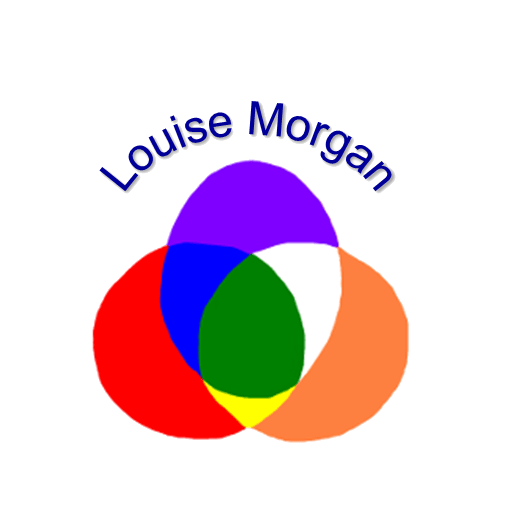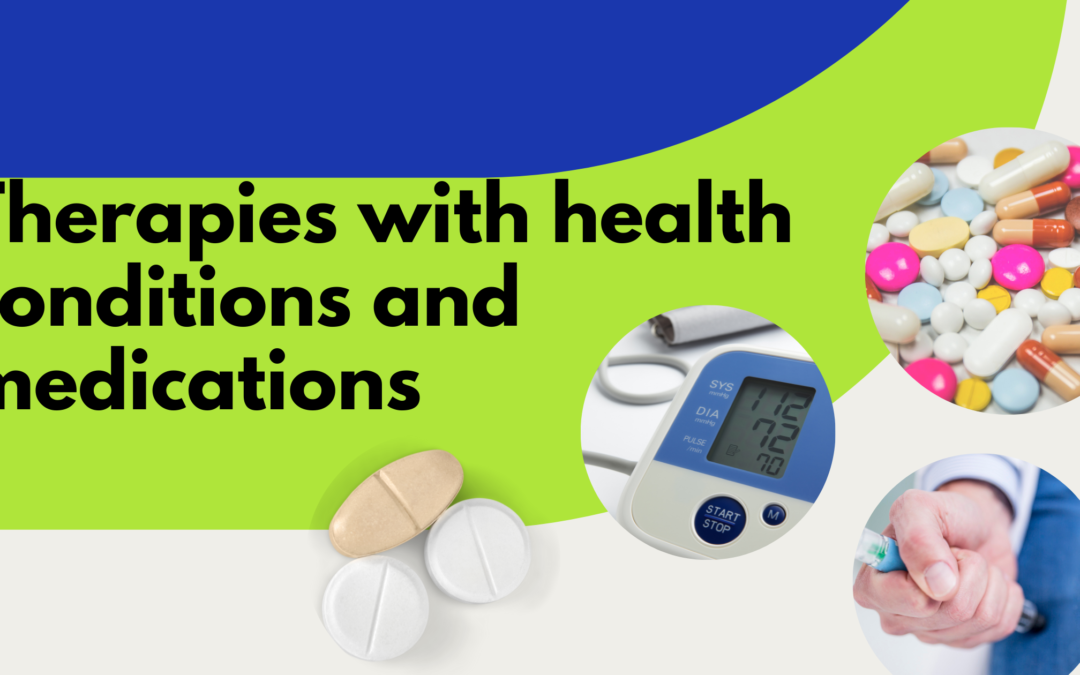When you go for your first therapy you’ll be asked to complete a consultation form which will ask about medical conditions and medication.
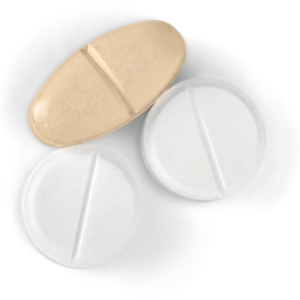
In the past, I have had occasions where people haven’t revealed the whole story. This may be because they didn’t think it was relevant, they were concerned about judgements, they may have forgotten. The reasons can be varied and as individual as the person visiting. Some people can be embarrassed about taking medication such as antidepressants or HRT. Medication is a personal choice and you don’t need to justify it. If it works for you and you’re taking it after consulting a GP, it is appropriate for you.
The thing is, therapists will only ask for information they need. We don’t ask about health conditions to be nosy, and we don’t ask for medication details to pry. Sometimes your health conditions or medication may mean we have to take extra precautions. If I know someone has low blood pressure, after their therapy I’ll ask them to sit up on the couch and stay there for a moment before they try and move, because having a therapy may have dropped their blood pressure and they may feel lightheaded (I don’t like to hear any thuds from my therapy rooms!)
If you have a condition, such as bipolar disorder or epilepsy, I may ask you for additional contact details of who I can contact if you have an experience where I feel I need to make someone aware. This will be compiled with you, so we are both aware about in which instances the best contact will be.
If you have, or have had, cancer I will ask about lymph node removals and your current treatment plan. It may be that a full hours’ session would be inappropriate and we will discuss shortened appointment times if that may be more suitable for you. This is because sometimes your body can be going through a lot, and a therapy session for too long can cause what is called a healing crisis and result in you feeling a little worse after your session.
In the case of chronic medical conditions we may need to adjust how you receive your therapy, for some it may mean they cannot get onto a couch, or are uncomfortable lying on their front, while an awareness of a condition such as diabetes will create further questions, such as if you have neuropathy. 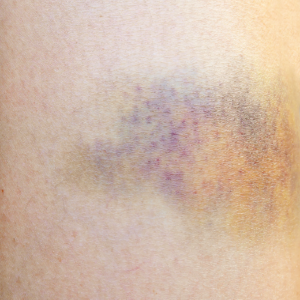
Medication can be important, because, for example, in the case of blood thinners we need to be careful about pressure and potentially bruising you. Some essential oils can interact with medications, so its important for us to know about any prescribed or self-prescribed medication. If I know someone is currently taking homeopathic remedies I won’t give them peppermint, as it can interact with some preparations, while lemon essential oil has been shown to effect the therapeutic window of regularly taken medication, and can increase absorption levels. Some people arrive to their therapy appointment with their repeat prescription leaflet. This is great, as we can then check the spelling and make sure we haven’t missed any!
There are very few occasions a therapist will actually refuse a treatment – if you have an active deep vein thrombosis (DVT) your therapist is likely to ask you to wait until the medication has sorted the DVT and you have been given the go ahead from a medical professional. This is because a therapy could potentially dislodge the DVT and cause a stroke or embolism (which you definitely wouldn’t find relaxing), so we like to err on the side of caution. It isn’t to say you can never have a therapy, it’s saying wait a while until the danger is over.
So, the next time you’re asked to complete a consultation form, remember, more information is better than less. We may look at the details, mentally record it and move on, or it may flag to us we need to take extra cautions or ask a few questions to make sure we tailor your appointment. If there are a problems with your conditions or medication and chosen therapy, we will have a chat to you about the risks and what may be a good alternative for you – just let us know!
Loui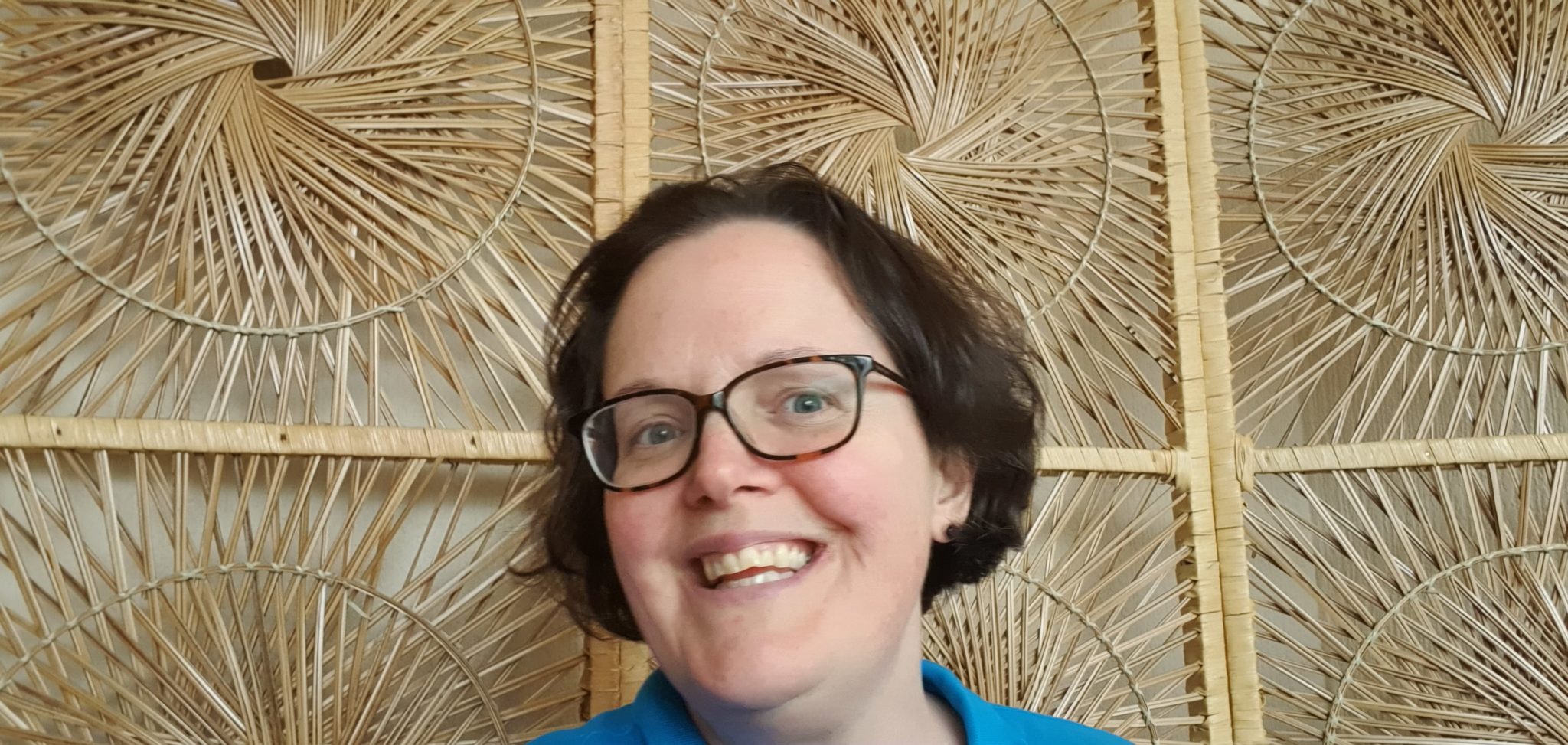 se is an holistic therapist who owns Therapy Centre, BS14 9HB, a clinic offering a range of holistic and beauty therapies. Louise offers aromatherapy, reflexology, holistic massage, baby massage, reiki and story massage. She is a mum of two boys and when she is not working she enjoys getting outdoors with her family. For further information, visit her website louise-morgan.co.uk
se is an holistic therapist who owns Therapy Centre, BS14 9HB, a clinic offering a range of holistic and beauty therapies. Louise offers aromatherapy, reflexology, holistic massage, baby massage, reiki and story massage. She is a mum of two boys and when she is not working she enjoys getting outdoors with her family. For further information, visit her website louise-morgan.co.uk
